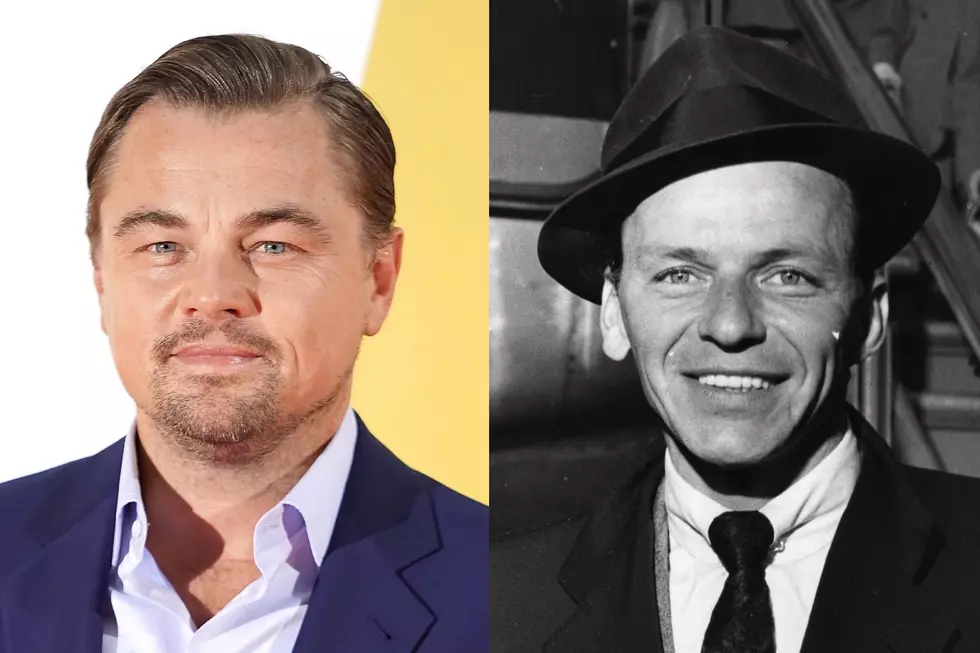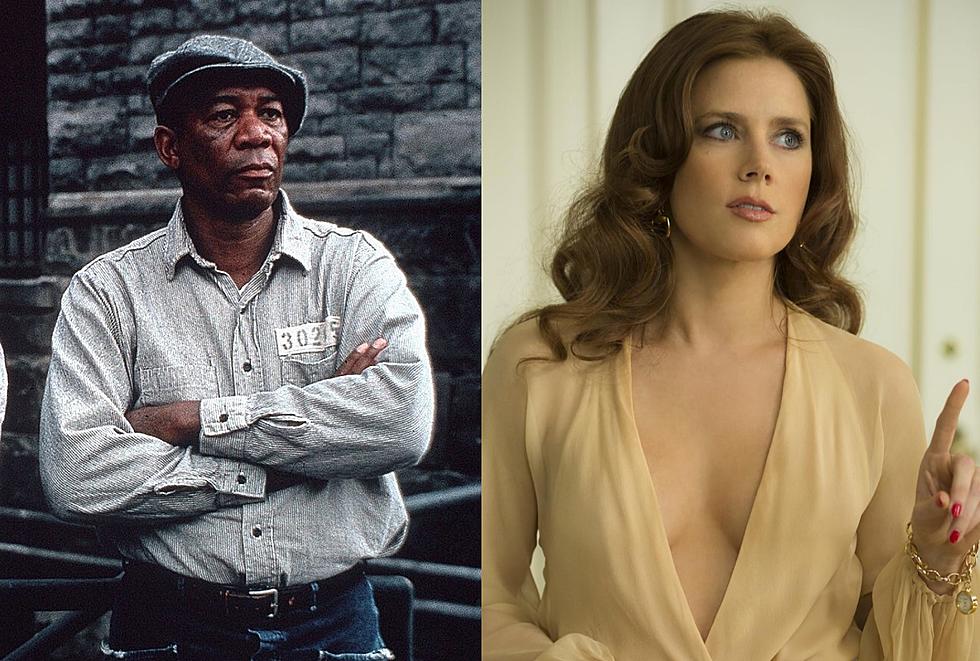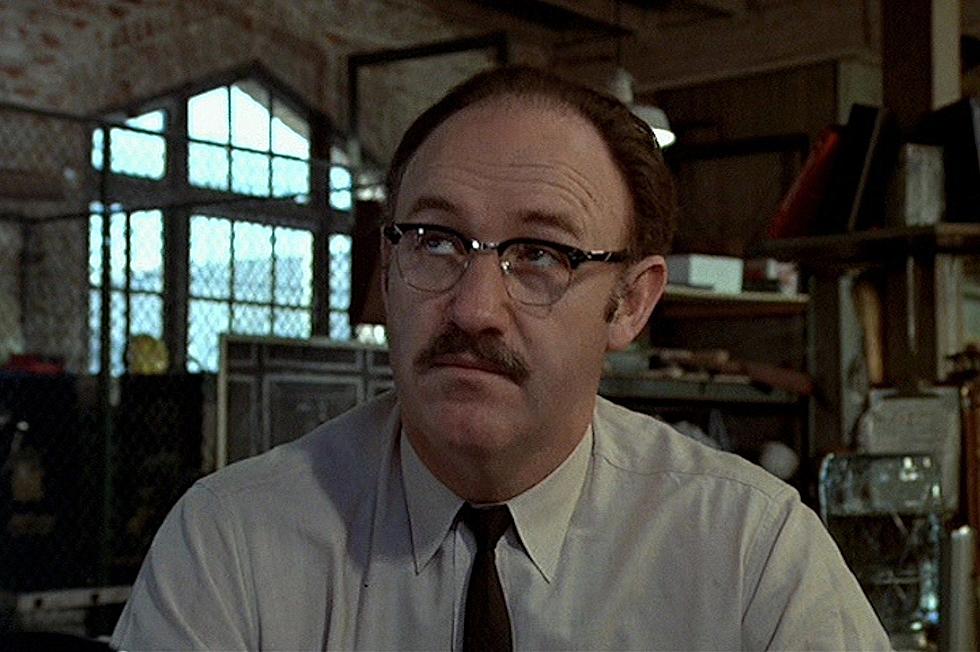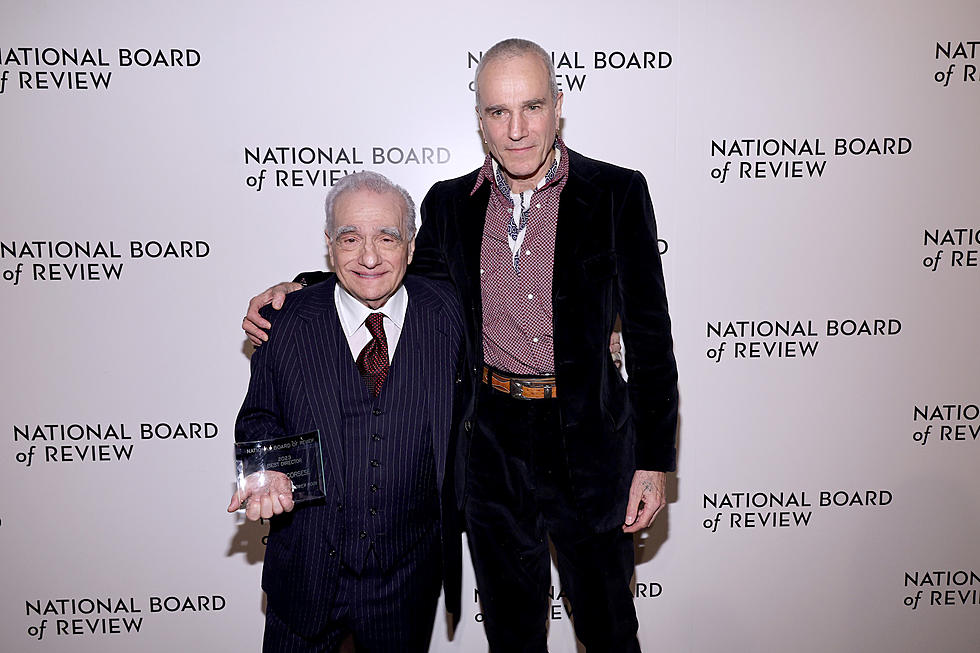
‘Hitchcock/Truffaut’ Review: One of the Best Film Books of All Time Is Now a Movie
In 1962, Alfred Hitchcock and Francois Truffaut spent a week in a room at Universal Studios talking about movies. That interview became the book Hitchcock/Truffaut, which proceeds systematically as the two explore Hitchcock’s career, analyzing each of his films one by one. The discussion wasn’t filmed, but the audio was recorded, and now that audio forms the spine of Kent Jones’ Hitchcock/Truffaut documentary, which doesn’t so much adapt the book as it does bring it to life onscreen. Hearing Hitchcock and Truffaut makes clear something that’s easy to forget reading words on a page: That this conversation — maybe the greatest ever on the subject of films and filmmaking — was conducted through a translator. Hitchcock didn’t know French; Truffaut couldn’t understand English. But both spoke the language of cinema, which transcends communicative limitations.
Most film texts are written by critics or historians. Hitchcock/Truffaut is one of the rare books about film by directors. Jones apes its style by only interviewing other filmmakers — Martin Scorsese, Wes Anderson, David Fincher, Olivier Assayas, and others. Hitchcock/Truffaut’s narration correctly calls this insider’s perspective “one of the few indispensable books about movies.” Wes Anderson affectionately describes his personal copy, tattered into a giant, rubber-banded pile of papers — an image that sounds very familiar. My own Hitchcock/Truffaut is dog-eared and yellowed from endless re-readings. It was one of the first film books I ever bought, the summer before my senior year of high school, and it followed me to college, grad school, and beyond. A few weeks ago, when I had to empty out my office to turn it into a nursery, I refused to put Hitchcock/Truffaut into storage with most of my other books. It’s now sitting in my living room next to my Blu-rays and DVDs. It’s an essential resource for anyone interested in the art of movies.
Its power lies in the way it makes plain very complicated ideas about how and why movies work, by illustrating the authors’ methodical examination of Hitchcock’s career with storyboard-like stills from dozens of his movies. Though nowhere near as in depth as Truffaut’s book, Jones’ film one-ups its source by actually combining Hitchcock and Truffaut’s back-and-forth — along with new insights from later generations of auteurs — with the actual clips from Hitchcock’s films. When Hitch kvetches about working with Montgomery Clift, Jones cuts to the contentious scene from I Confess. When he defines the concept of suspense, his example from Easy Virtue flashes on the screen.
Fans of the original book won’t find many revelations. But seeing Hitchcock’s words juxtaposed with his imagery illuminates his unique precision and skill. Nothing in his films happened by accident. Every shot, every angle, every glance, was done purposefully. The reason Hitchcock became such a hero to auteurist critics was because he truly was the singular author of his films; as Jones’ documentary effectively notes, his movies were less stories of the real world than they were personally guided tours through the man’s innermost passions and phobias.
That inflexible approach — one that famously led Hitchcock to describe actors as “cattle” — has its downsides, and Hitchcock/Truffaut might have been even more instructive if it found room for more critique of Hitchcock’s foibles (or, for that matter, even a single female voice amongst its talking heads). At just 80 minutes long, the documentary barely scratches the surface of the treasure trove of ideas in the original interview. But it’s an entertaining gateway to the book and Hitchcock’s oeuvre that will surely inspire new generations to learn the language of cinema for themselves.
More From ScreenCrush









